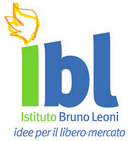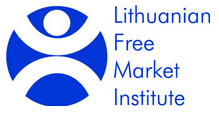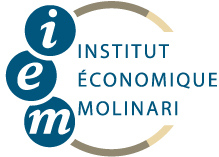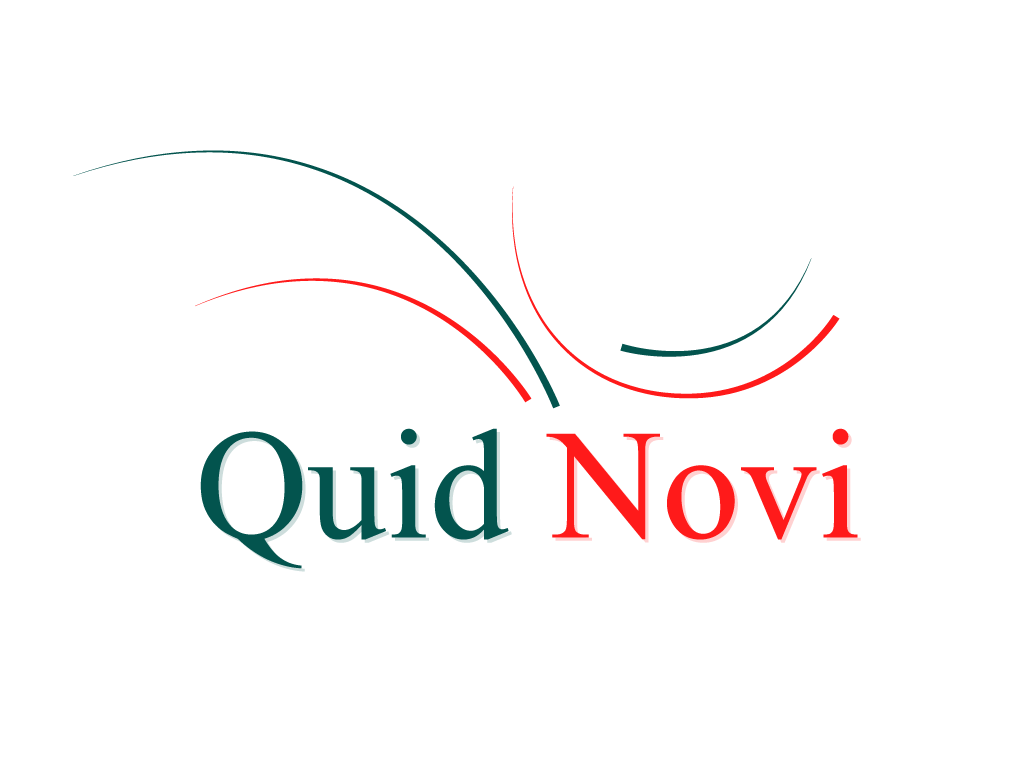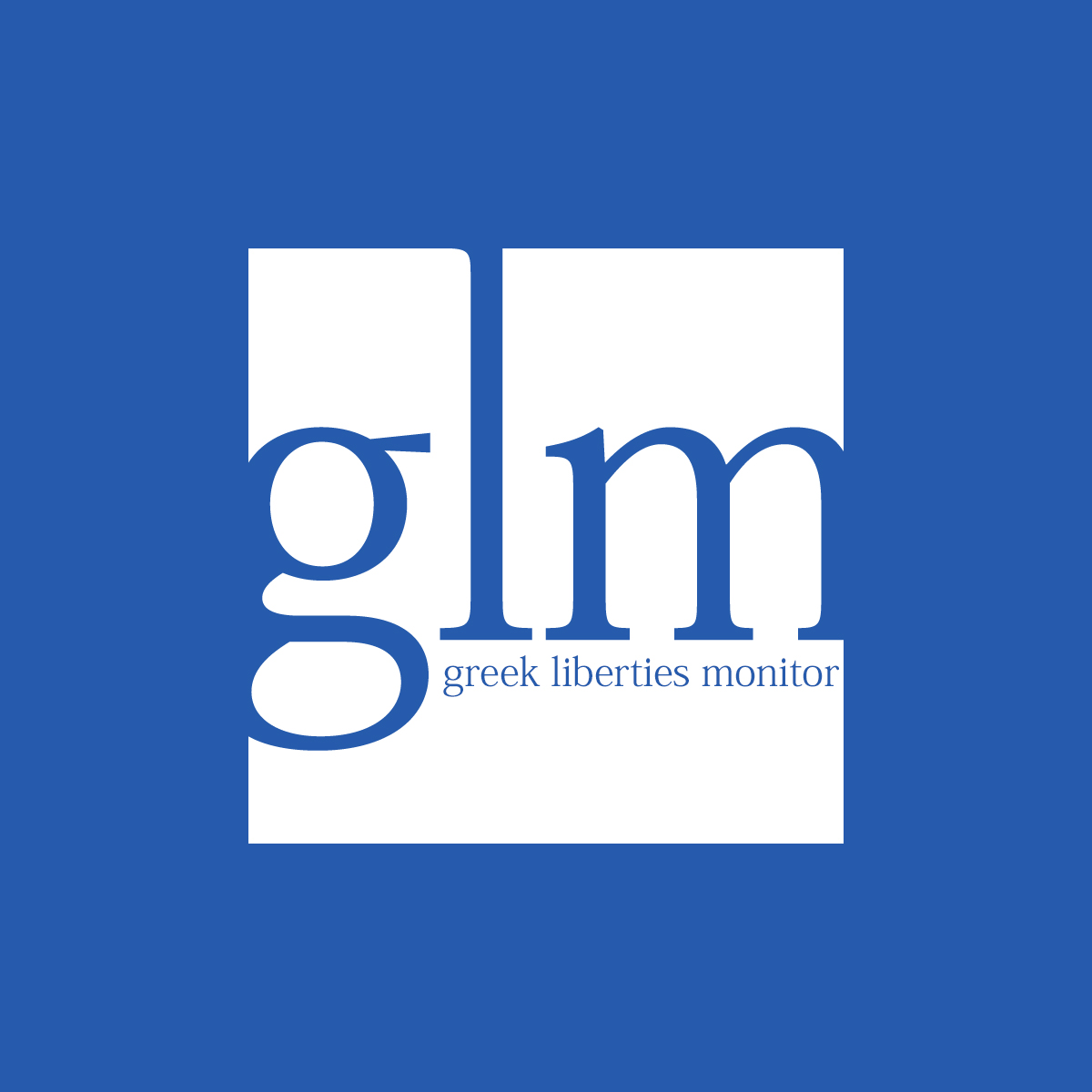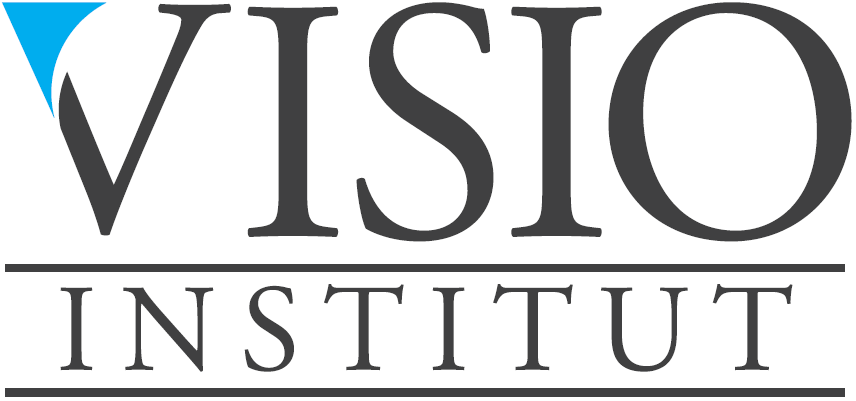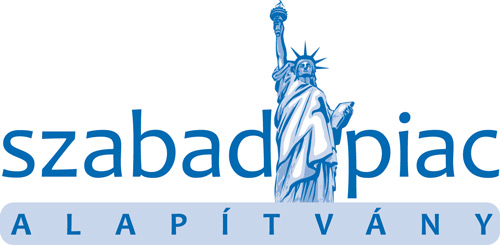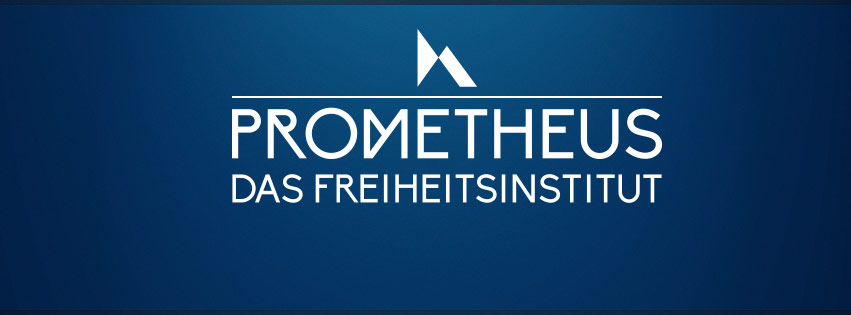About
The Nanny State Index (NSI) is a league table of the worst places in the European Union to eat, drink, smoke and vape. The initiative was launched in March 2016 and was a media hit right across Europe. It is masterminded and led by IEA’s Christopher Snowdon with partners from all over Europe. The 2017 edition of the index was revealed during a full day conference in Brussels and featured high level discussions and debates between MEPs, industry experts, think tankers and regulators about the effects of regulation on health outcomes.
Enquiries: info@epicenternetwork.eu
Download the pdf here.
Categories
About the Editor
Christopher Snowdon is the head of Lifestyle Economics at the Institute of Economic Affairs. His research focuses on lifestyle freedoms, prohibition and policy-based evidence. He is a regular contributor to the Spectator Health blog and often appears on TV and radio discussing social and economic issues.
Snowdon’s work encompasses a diverse range of topics including ‘sin taxes’, state funding of charities, happiness economics, ‘public health’ regulation, gambling and the black market. Recent publications include ‘Drinking, Fast and Slow’, ‘The Proof of the Pudding: Denmark’s Fat Tax Fiasco’, ‘The Crack Cocaine of Gambling?’, ‘The Wages of Sin Taxes’, ‘Drinking in the Shadow Economy’, ‘Sock Puppets: How the government lobbies itself and why’ and ‘Closing Time: Who’s killing the British pub?’. He is also the author of ‘Selfishness, Greed and Capitalism’ (2015), ‘The Art of Suppression’ (2011), ‘The Spirit Level Delusion’ (2010) and ‘Velvet Glove, Iron Fist’ (2009).
Finland 2017

With high scores on every criteria, Finland retains its commanding lead at the top of the EU Nanny State Index. It has extremely high taxes on beer, wine and spirits, as well as a tax on sugary drinks and e-cigarette fluids. It has a state-controlled alcohol monopoly, a wide range of advertising bans and plans to be ‘tobacco-free’ by 2030.
In some respects, Finland has become more liberal in the last twelve months. In January 2017, it rescinded its tax on confectionery, chocolate and ice cream, and e-cigarettes were legalised in May 2016. The government now intends to relax some of its alcohol laws, making it legal to buy a round of drinks and pay by credit card. The state alcohol retailer, Alko, will lose its monopoly on the sale of beer stronger than 4.7 per cent, and Alko shops will be allowed to open an hour longer (to 9pm) on weekdays. Some advertising restrictions will be relaxed. None of this has been done yet, however.
Otherwise, it is business as usual in the EU’s top nanny state. A new Tobacco Act came into force on August 15th 2016 banning smoking in cars carrying children under the age of 15. All smokeless tobacco has been banned and e-cigarettes are subject to the same regulation as tobacco cigarettes, including a full advertising ban. The advertising ban includes e-cigarette fluids that do not contain nicotine and – bizarrely – includes products that resemble tobacco products such as liquorice pipes. A tax on e-cigarette fluid of 30 cents per ml was introduced on 1st January 2017 and applies also to ‘nicotine free liquids intended for vapourisation’. Internet sales of e-cigarettes are illegal.
The smoking ban in Finland is somewhat less draconian than the smoke-free laws of Ireland and the UK, but vaping is banned wherever smoking is banned and some outdoor areas are included. In addition to a total ban on tobacco advertising, there is a retail display ban and cigarettes cannot be sold from vending machines.
A tax on fizzy drinks remains in place at a rate of €0.22 for sugar-sweetened drinks and €0.11 for non-sugary drinks. Spirits advertising is banned in all forms and restrictions on beer and wine advertising are severe, with a ban before 10pm on television and a near total outdoor ban (sport and music events are exempt). Finland has the EU’s highest beer tax, the second highest spirits tax (after Sweden), and the second highest wine duty (after the UK). It is one of only two EU countries to have a state monopoly on alcohol sales, and discount promotions such as happy hours are banned.
With thanks to Timbro
 Austria
Austria Belgium
Belgium Bulgaria
Bulgaria Croatia
Croatia Cyprus
Cyprus Czech Republic
Czech Republic Denmark
Denmark Estonia
Estonia Finland
Finland France
France Germany
Germany Greece
Greece Hungary
Hungary Ireland
Ireland Italy
Italy Latvia
Latvia Lithuania
Lithuania Luxembourg
Luxembourg Malta
Malta Netherlands
Netherlands Norway
Norway Poland
Poland Portugal
Portugal Romania
Romania Slovakia
Slovakia Slovenia
Slovenia Spain
Spain Sweden
Sweden Turkey
Turkey United Kingdom
United Kingdom
